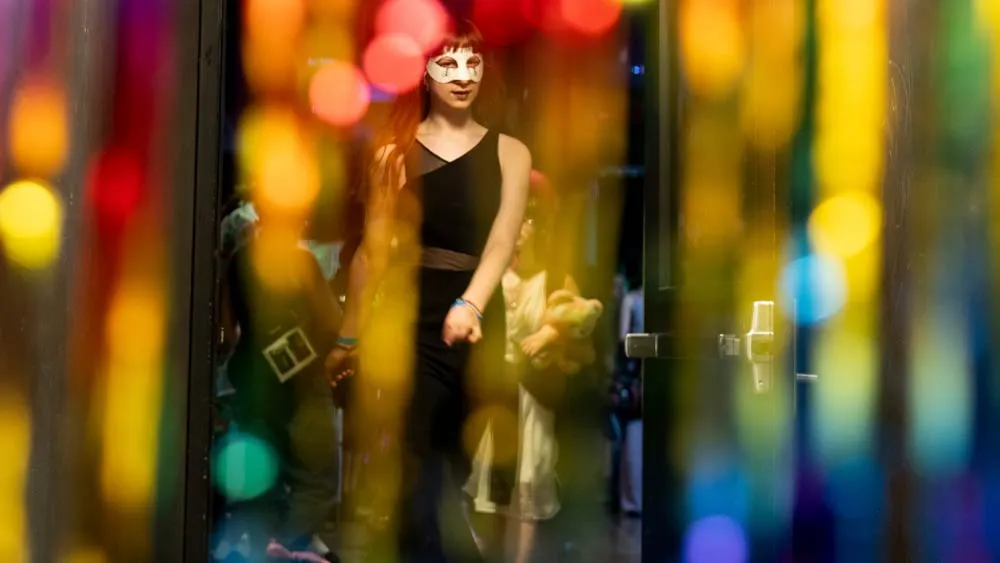February 13, 2012
France's President Won't Support Gay Marriage
Jason St. Amand READ TIME: 2 MIN.
In an interview with the conservative French magazine, Le Figaro, France's president, Nicolas Sarkozy, said that he would not support gay marriage in his re-election platform, Life Site News reported.
"In troubled times, when our society needs to keep its bearings, I don't think that it is necessary to blur the image of this essential social institution that is marriage," Sarkozy said.
Even though Sarkozy will not back marriage equality the president claims he will support some rights for gays, such as inheritance rights. He also said, however, that he does not agree with civil unions because it would "tend to harm the institution of marriage."
"I know that there exists, in fact, particular situations with men and with women who assume their parental roles perfectly. But they do not lead me to think that it is necessary to inscribe in law a new definition of family," the French president said.
A Liberation newspaper reported that Sarkozy would in fact support same-sex marriage in his re-election agenda but Valerie Pecresse, the French government spokeswoman, put those rumors to rest when she tweeted that Sarkozy "is not favorable to gay marriage," Bloomberg reported.
According to an opinion poll for the Le Parisien newspaper, 63 percent of French citizens are in favor of gay marriage. In 2000, a poll reported that only 43 percent backed marriage equality. Although the majority of France's citizens support same-sex marriage, 115 members of the country's parliament (about 8 percent) signed a petition against gay marriage and adoption, Life Site News noted.
Nicolas Gougain, the spokesman for Inter-LGBT, an umbrella group of 50 LGBT organizations in France, told Le Figaro that he was "disappointed but not surprised" that Sarkozy was not backing gay marriage "because it confirmed that Francois Fillon, [France's prime minister], state his position." Gougain added that Sarkozy is hostile towards gay marriage in order to "protect" children. "We believe on the contrary that in order to protect children, it's necessary to recognize all families," he said.
Although France does not recognize same-sex marriage, the country does offer civil solidarity pacts (PACS), which are a form of domestic partnership. Citizens who enter into a PACS have most of the same legal protections and rights as marriage but they are not granted the right to adopt or use artificial insemination. France has anti-discrimination laws that protect the LGBT community in employment, housing and other public and private provisions of services and goods. The country also allows transgender persons to legally change their gender and it was the first country in the world to remove transexualism from its list of diseases. Gays are also allowed to openly serve in the military.
Unlike France, Spain has legalized gay marriage since 2005 and has been one of the most progressive countries in recent decades when it comes to LGBT issues. The Netherlands also extends marriage to its LGBT citizens and has recognized marriage equality since 2001. In 2003, Belgium became the second country in the world to legalize same-sex marriage.


